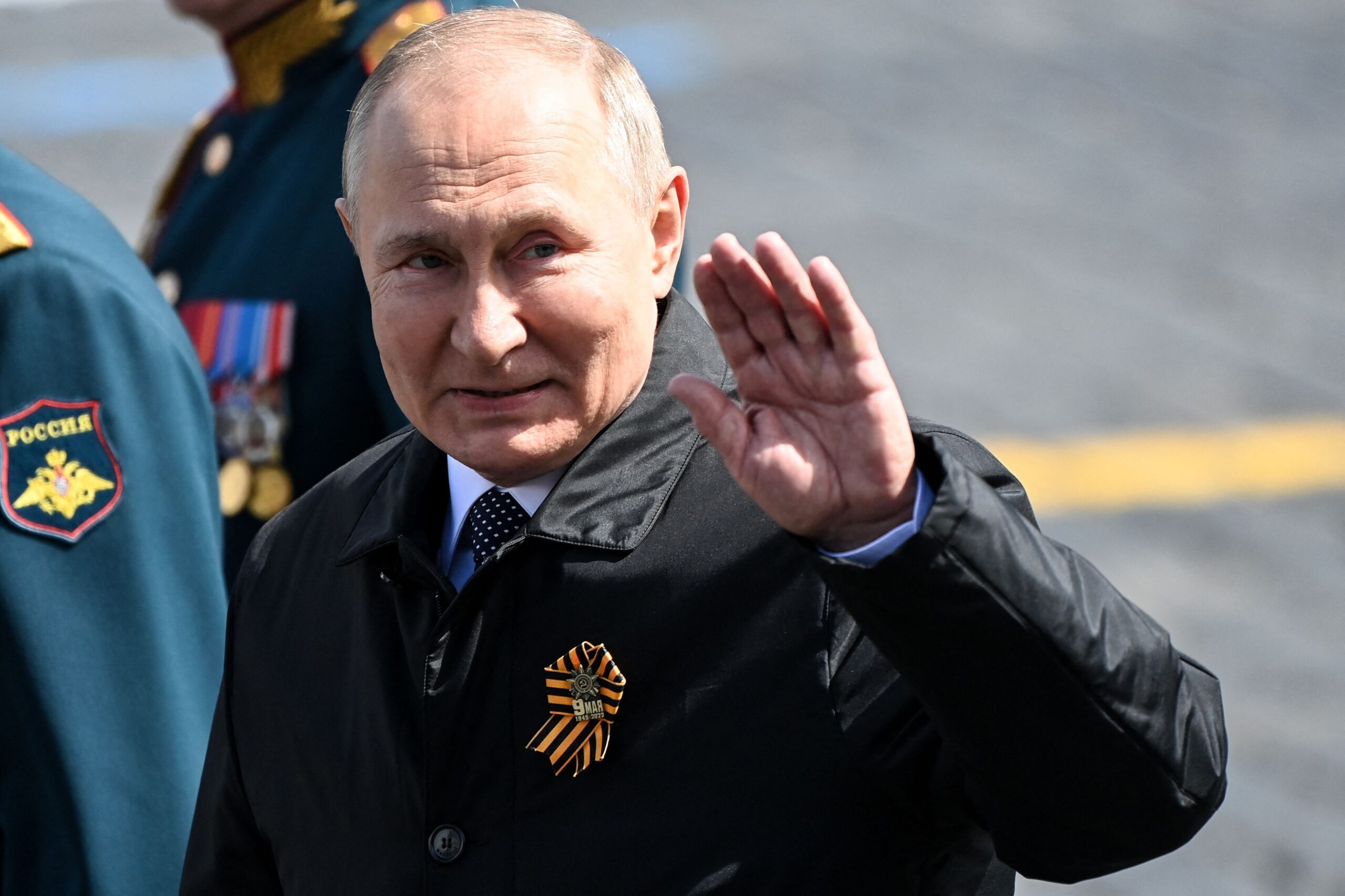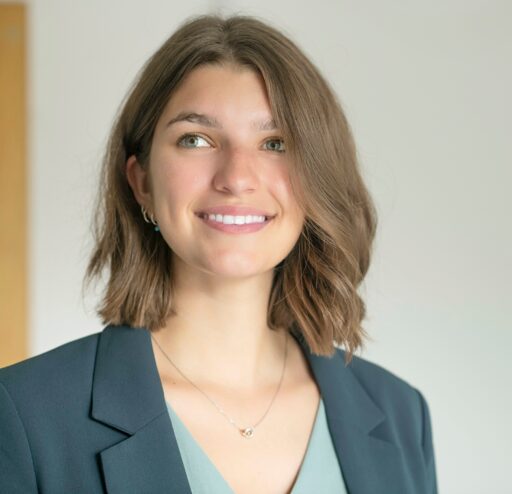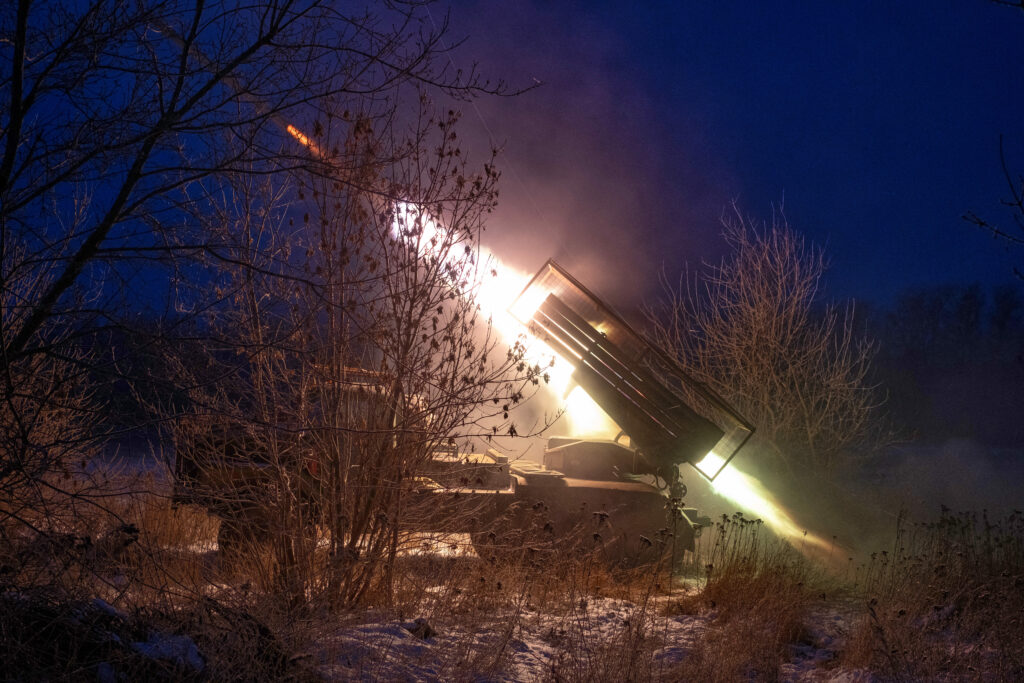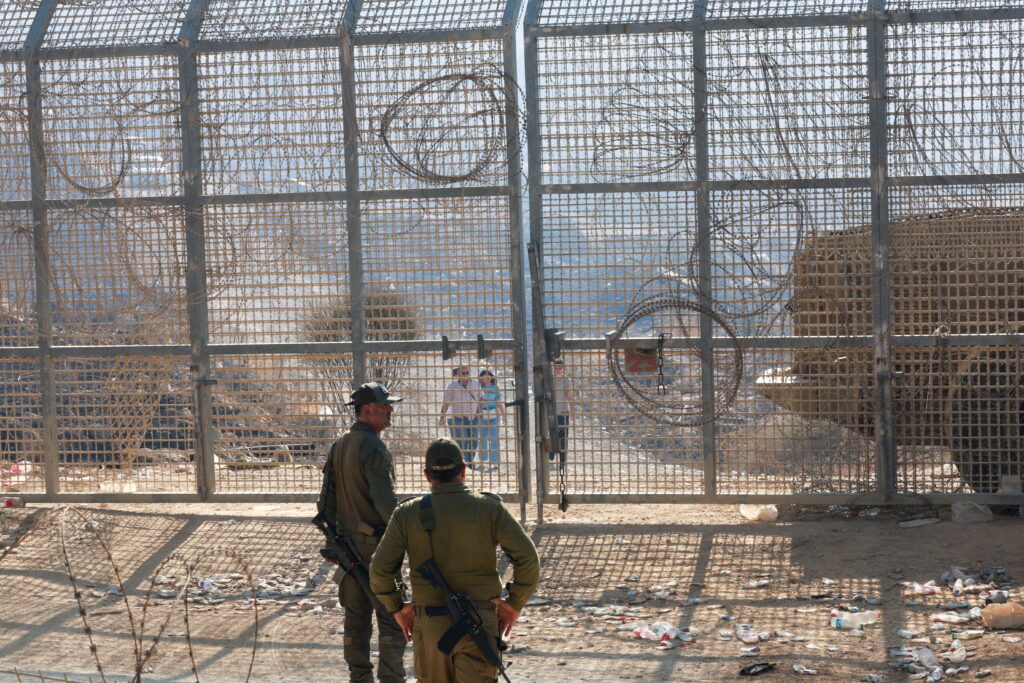With fighting still ongoing in Ukraine, Russia commemorated its 77th Victory Day on May 9 with its customary military parades on Moscow’s Red Square. There were signs, however, of a diminished show of strength this time round. The Kremlin cancelled its air show last minute, citing poor weather, even though onlookers saw few clouds covering a calm and bright sky. Tanks and other war technology were fairly thin on the ground as well, given that much of its weaponry and technology was actually being utilised (or destroyed) in Ukraine. The same can be said for the smaller number of soldiers adorning Moscow’s famous Red Square. In 2020, 35,000 troops stood on parade there; the tally was down to just 11,000 troops this time. The procession was also short compared to other years; nevertheless, the parade continued with its use of key Soviet symbols and paraphernalia, as well as the same music and similar choreography to the first Victory parade in June 1945.
In the name of past struggles
Strictly speaking, May 9 marks the end of the Soviet Union’s direct war against Nazi Germany during the Second World War, a conflict remembered in Russian history as the ‘Great Patriotic War.’ That may seem a long time ago by 2022, yet without doubt, the Great Patriotic War holds major contemporary political potency in Russia. For one, it remains the most formative historical narrative in modern Russian history, because so many people died and because the Soviet Union won. Nearly eight decades later, it is the only common historical thread that can reconcile large divisions in contemporary Russian society in times of crisis. That continued resonance is not just because of the vast impact of the war on Russian society; it is also partly due to persistent efforts down the decades from Soviet leaders like Leonid Brezhnev, who cultivated the Great Patriotic War myth. Indeed, historians like Mark Edele see the notion of victory as ‘locked’ into the Soviet Union’s political system through enhanced social guarantees for veterans and grand commemorative practices like those on May 9 which in Soviet times were held not every year, but mainly on anniversaries.
While Victory Day parades ended with the Soviet Union in 1991, Russia’s president Boris Yeltsin saw their continued symbolic value and brought them back for the 50th anniversary. They have stayed ever since. While repeating the use of traditional Soviet paraphernalia, music, and parade choreography, Yeltsin added religious tropes, new Russian army uniforms, and Russian military technology — showing a clear departure from the Soviet past. Yet, despite an attempt to Russify Soviet victory, Russia was simply using past glory to add legitimacy to the present context and policies that the Russian government wanted to pursue. In 1994−95, Russia was embroiled in the First Chechen War, a deeply unpopular war. Yeltsin used these parades to reconcile division and instil pride in the nation.
This year Putin, finding himself in similar conditions to Russia fighting the First Chechen War, needed the Victory Day 2022 celebrations to bring together society and reconcile society under the myth of the Great Patriotic War. Russia’s invasion of Ukraine meant audiences turned in around the world, in anticipation of what Putin might reveal (or declare in his speech). What people tuned into, however, was actually a disappointment. Very few foreign dignitaries attended the ceremony, with many not receiving an invitation in the face of growing sanctions and condemnation from the West. Turkey and Pakistan’s ambassadors to Russia and Moscow were in attendance, but other foreign dignitaries in attendance were diplomatic workers in the region.
Sticking to strategic ambiguity
The smaller performance that took place in Moscow sent a signal of Russia’s weakened military power — something that Putin will have wanted to avoid. The cancellation of the dramatic air show will not have helped; and neither did Putin’s speech. Many tuned into Russia’s national holiday expecting some form of declaration from Putin; something of a call to mobilise for war, or some declaration of victory. Neither came.
Rather than make grand declarations, Putin’s speech was largely used to continue justifying his «special military operation» in Ukraine. He noted that following negotiations in December with the West, that NATO was planning a «punitive» operation in the Donbas, and that Russia had made the right choice in defending its country and «historic lands» with a pre-emptive strike. He reaffirmed familiar Russian discourses, 1) Russia is surrounded by hostile neighbours and 2) protecting the motherland is the most important duty of a Russian person. While Putin’s speech was underwhelming, there is much to be said about what Putin did not say. If Putin had declared a greater societal mobilisation for war, he would have risked being accused of failing to achieve a victory within a contained military operation. At the same time, declaring some form of victory would not have helped either, given that claiming «mission accomplished» would have raised questions about Russia’s continued role and presence in Ukraine. So, leaving out any reference to either of these claims was a strategic move by Putin. His vague and ambiguous messaging, linked to historic discourses, was also calculated. Putin is keeping the world on its toes.
Just as his «de-nazification» and «de-militarization» aims in Ukraine remain largely undetailed, the ambiguity behind his speech on Red Square meant that there is no clear «next step» in the war. This is largely because Putin has nothing of worth to report. Russia has wildly miscalculated its previously predicted «2-day» special military operation in Ukraine. 70+ days in, Putin needs to keep his country engaged and supportive of the war — so feeding information to the public little and often, helps society feel like they are involved and updated with news of the «special military operations,» without spilling too many details. All in all, Putin’s speech was actually quite short. He didn’t really get into the essence of the Great Patriotic War memory, in the same way he had in previous years. He bridged the past and present, noting that people’s duty today is the same as their (great) Grandfathers in the 1940s (i.e., protect the fatherland at all costs), and that Russian people are bound to promote the Great Patriotic War memory.
Putin’s parade left many viewers feeling underwhelmed. They expected grand declarations, and a show of military power that would counter narratives of a weakened Russian military in Ukraine. The parade didn’t do any of these things. However, there is much to say about what Putin did not say. Leaving out any sordid details meant the Putin still has many options when it comes to his next steps in Ukraine, in addition he was able to keep his society informed with few details but enough to make them feel like they are part of the process. What was said placed more blame on the West, presented Russia as a martyr and reinforced Russia’s besieged fortress discourse. On the whole, Putin kept his plans close to his heart — whether a calculated move or a result of poor strategy, he keeps the world guessing in his own chamber of secrets.










